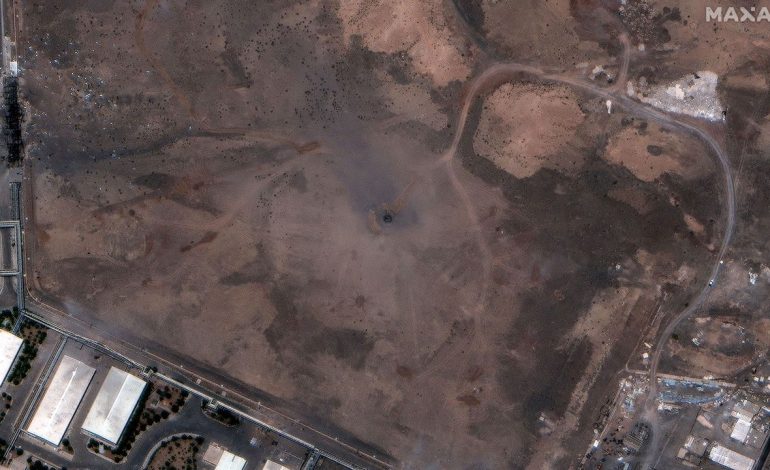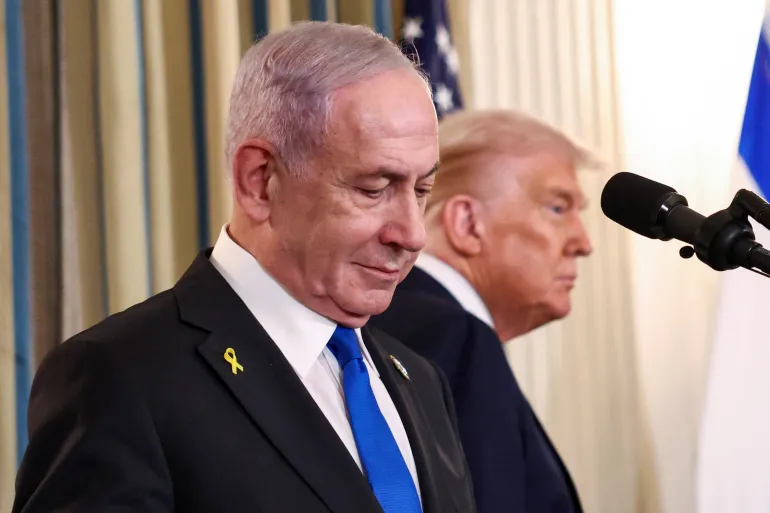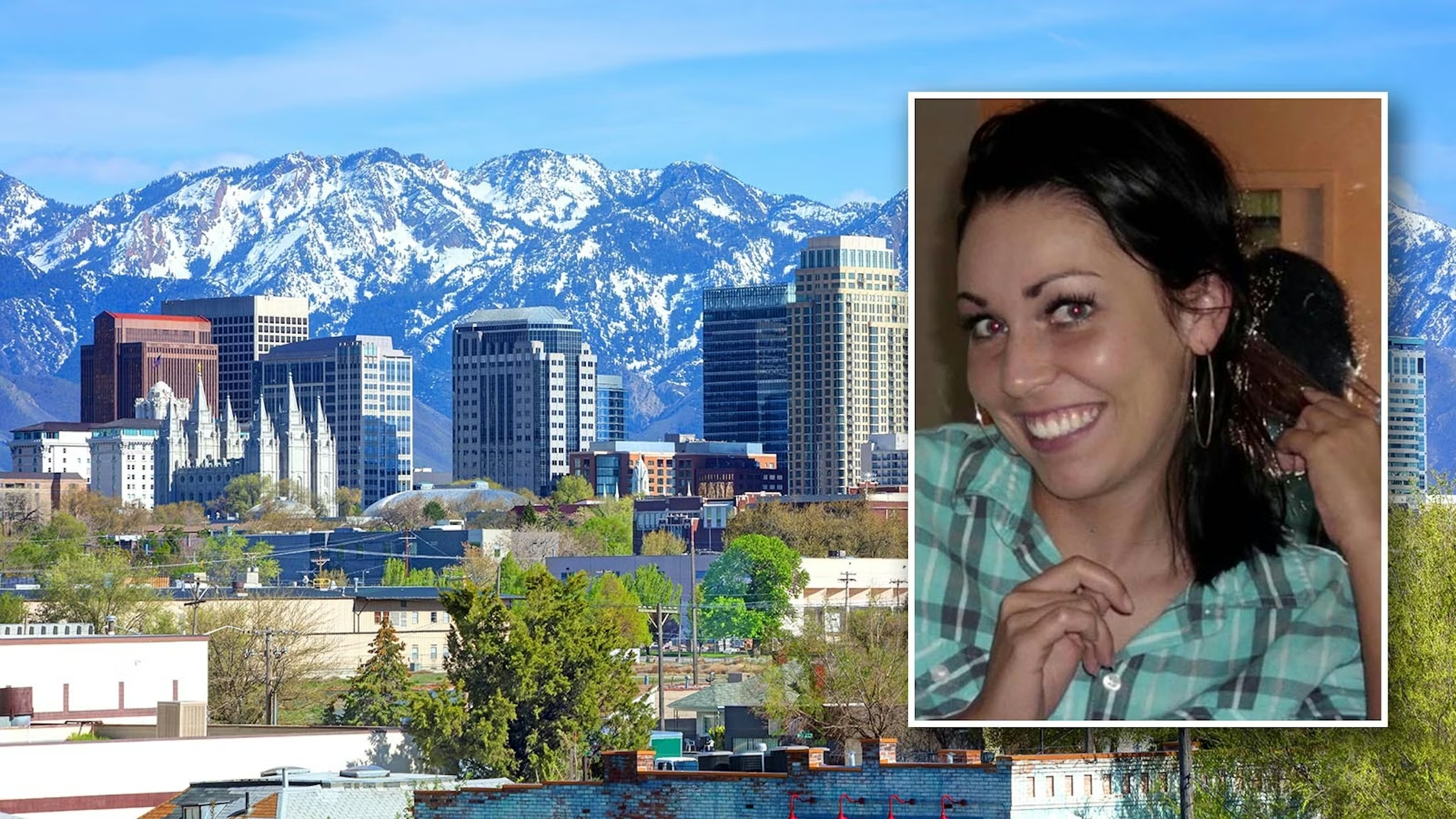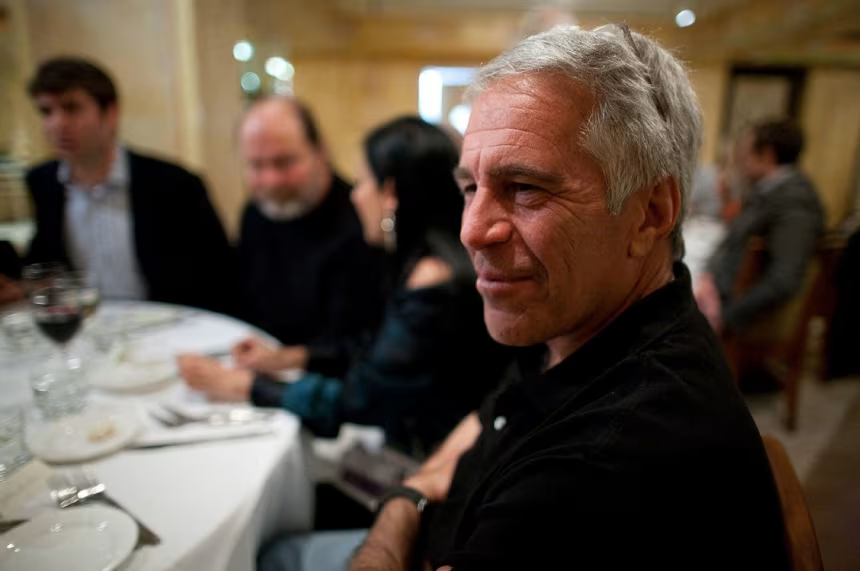Israel and Iran Exchange Strikes Following US Attack on Nuclear Facilities, Heightening Regional Tensions

Tensions in the Middle East escalated sharply this week as Israel and Iran exchanged a series of military strikes following US attacks on Iranian nuclear sites.
The developments have triggered widespread regional concern, disrupted civilian life, and increased the risk of a broader conflict involving major powers.
The situation intensified after the United States launched airstrikes on Iran’s nuclear infrastructure over the weekend, which Washington described as a preemptive measure to prevent Tehran from advancing its nuclear weapons capabilities. Iran denies pursuing a nuclear weapon and has vowed retaliation.
In response, Iranian air defenses were activated in several regions, including Ahvaz in the southwest, where explosions were reported outside urban areas. Iran has also launched missiles at Israeli targets, with one damaging an electricity substation in Ashdod, affecting thousands of residents. Israeli authorities report that nearly 40,000 claims for property damage have already been filed, with losses estimated at $1.3 billion.
Among Israel’s most notable responses was a strike on Tehran’s Evin Prison, a facility known for holding political dissidents and foreign nationals. Footage confirmed damage to two entrances of the prison, though no casualties were reported. Israel has not publicly detailed the rationale for targeting the site.
The escalating hostilities have prompted precautionary measures across the Gulf region. Qatar temporarily closed its airspace on Monday, citing “precautionary measures” to protect residents and travelers. The Qatari government said it is monitoring the situation closely in coordination with international partners.
Both the US and British embassies in Doha issued advisories for their citizens to shelter in place. Several schools in Qatar were also ordered shut, and reports from the capital noted visible flares and explosions overhead, though details remain unclear.
France’s national airline, Air France, has suspended all flights to Tel Aviv through mid-July and canceled some routes to Gulf destinations, citing security concerns. Similar decisions are being evaluated by other carriers.
Iran’s mission to the United Nations condemned Israeli Prime Minister Benjamin Netanyahu, accusing him of provoking the United States into conflict. Tehran stated that the military strikes had resulted in over 400 civilian deaths and widespread damage to healthcare facilities and critical infrastructure.
The United Nations expressed concern over overwhelmed medical services in Iran, including strikes on hospitals and a clinic for children with autism. Meanwhile, Iran’s threats to potentially close the Strait of Hormuz—a vital oil transit route—have alarmed global markets. Although oil prices initially spiked, they later fell as investors assessed the risk of actual supply disruptions.
President Donald Trump, who is monitoring developments ahead of the NATO summit in the Netherlands, publicly urged energy markets to avoid overreacting, warning traders not to drive up oil prices.
The conflict’s impact extends beyond the immediate region. Ukrainian President Volodymyr Zelenskyy has warned that US military support for Kyiv may be diverted amid rising demand in the Middle East, potentially leaving Ukraine more vulnerable in its ongoing war with Russia.
European countries remain divided on how to respond. While the United Kingdom has repositioned assets to defend personnel in the Middle East, France has criticized Israel’s actions, particularly the strike on Evin Prison, which it called “unacceptable.” French citizens held at the facility were reportedly unharmed.
Analysts caution that any Iranian attempt to close the Strait of Hormuz could have dramatic economic consequences, particularly for Asian and European nations dependent on Gulf energy supplies.
With input from CNN, Al Jazeera, and the New York Times.









The latest news in your social feeds
Subscribe to our social media platforms to stay tuned